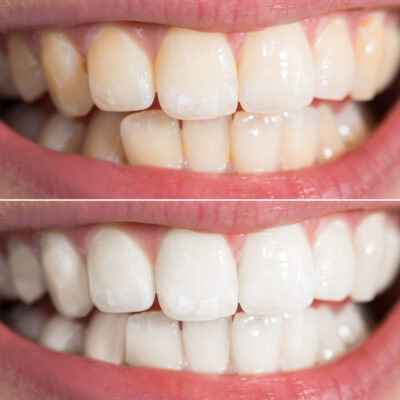
Diet Tips for IBS Patients When Traveling
Do you often have to cut down on taking trips just because you suffer from IBS? Living with the condition can be frustrating, particularly when you travel to different places and feel like exploring their cuisines. You tend to have to stick to your comfort foods to avoid triggering any symptoms and are always worried that any unplanned food choices may cause bloating, cramping, constipation, or diarrhea.
There are, however, some easy diet tips for IBS when you travel. These can ensure that you enjoy your travels without worrying about your health and what you eat. You need to understand that IBS is not rare; there are thousands of others suffering from the same condition. In many cases, the condition does not even get diagnosed, making treating it much harder. But, being aware of what foods work or do not work for your body goes a long way in ensuring the condition does not affect your daily life.
Travel diet tips for IBS affected individuals include the following:
1. Avoid some local delicacies
It may be a good idea to avoid certain local delicacies with exotic ingredients when you travel. People with IBS are prone to having bad reactions to any new food. So, instead of going to different places and testing new dishes, you can stay conservative where your diet is concerned and try dishes from a limited selection you’re sure of. You must pick out things which you know will suit your gut.
2. Plan ahead
It is always better to carry your own snacks when you travel. If you have IBS, it is best to call the hotel in advance and request a mini-fridge in the room where you can keep the perishable snacks. In case you must eat out, you can always check the menu on the internet first to see if the restaurant offers IBS-friendly items.
3. Maintain regular mealtimes
It is important to keep an eye on the body clock because regular sleep, meal patterns, and bowel movements function in a rhythm. Traveling upsets this balance and sets off specific IBS symptoms. So, you need to maintain consistency in your bedtimes and mealtimes as much as possible.
4. Stay hydrated
When you travel by flight, dehydration usually sets in. Therefore, you need to drink enough water to ensure optimum digestion. Likewise, if you get diarrhea while traveling, you need to drink enough fluids to replenish the water lost from the body. You must avoid caffeine and alcohol as these only heighten dehydration.
5. Stow snacks
One of the best diet tips for IBS affected travelers is to stow snacks. You should pack your meals for any trip, particularly when you need a gluten-free diet or a low-carb diet. When you do not have to follow a very strict diet, you can include high-fiber grain bars and low-fat yogurts. For those susceptible to diarrhea, it is best to pack foods like rice, bananas, and applesauce.
6. Avoid foods that irritate the gut
When you travel, it is best to stay away from foods like shrimp cocktail, which involves the protein being on the rarer side. Avoiding undercooked seafood, raw vegetables, and undercooked meats is a good way to protect yourself against IBS flare-ups.


